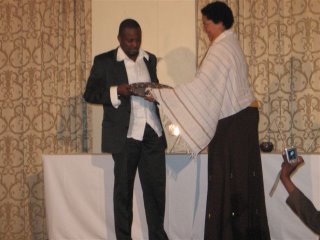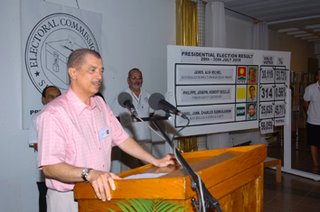
Government services in Seychelles are undergoing a major transformation as various departments are making information and resources available online to the public.
Seychelles e-government goal is to make information and communication technologies (ICT) integral to the delivery of government information, services and processes.
The implementations have encountered delays since Vice President Joseph Belmont first announced it in January 2006.
He explained that the most important anticipated benefits of the project will include improved efficiency, convenience, and better accessibility of public services. However, the opposition has raised concerns about the project namely access, education standards and ICT literacy.
"Governments may need to consider how the impact of age, language skills or the public’s interest will guarantee the project’s success," according to the administrator of a local ISP.
To date the departments of education, employment and social affairs, are using information technologies to exchange authoritative government information and services with the public, businesses, and other branches of government.
"e-Government should be applied by all government departments in order to improve internal efficiency, the delivery of public services, or processes of democratic governance," say Evans Delcy a government's department System Support Manager.
Other online materials are also available "in confidence," meaning to view their content you need to be an employee of a government department, in which case a login and password would be required before you can access the confidential material.
Such resources are available within the departments of health, land use and habitat and immigration services.
In a recently published document entitled "Seychelles Strategy 2017" the government stated that by then, all government agencies and their partners will use technology to provide user-centred information to achieve joint outcomes.
The people's transactions with the government are also expecting transformation, with increasing and innovative use of network technologies that provide more opportunities.

















